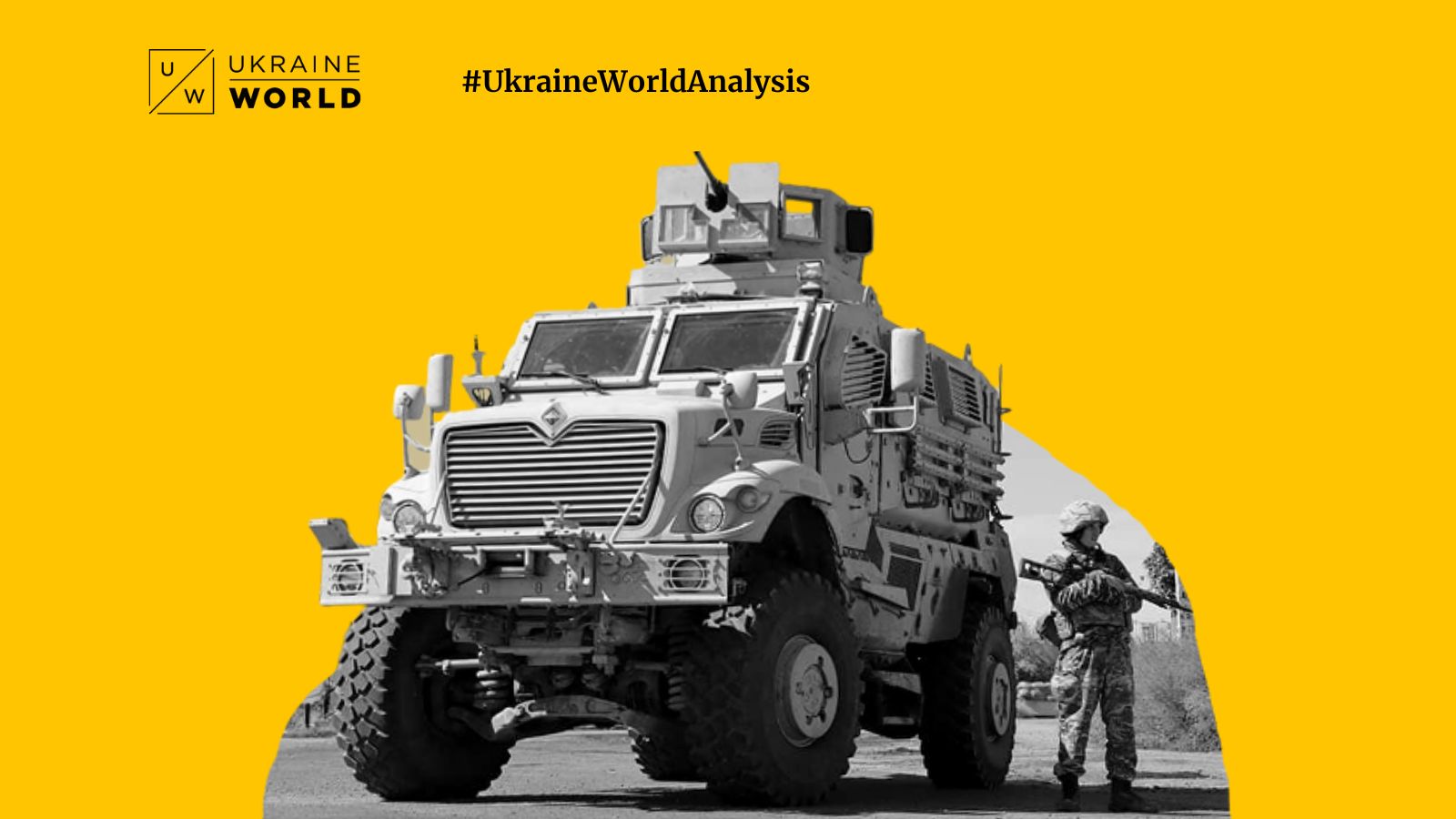UkraineWorld spoke to Danylo Lubkivsky, Director of the Kyiv Security Forum.
Key points — in our brief, #UkraineWorldAnalysis:
1. On effects of Ukraine's counterattacks
- Ukraine's fight for independence and national resistance have had an enormous impact on international affairs. Ukraine's successful defense and counterattacks have dealt a significant blow to Russia with many — current and future — painful existential, military, political, economic, and humanitarian consequences.
- Within thirty years, Russia's state system, inherited after the collapse of the Soviet Union, has been ruined. The current model -- which is a corrupt, closed, non-representative form of government — is crumbling before our eyes.
- Although not totally isolated, Russia's international standing has been severely weakened and its room for maneuver is limited. At its core, Russia's war against Ukraine, its ineffective campaign, and Ukraine's counteroffensive have unmasked what has been hidden for so long: Russia is a failed state.
2. On international response to Russia's aggressive politics
- Formally, China and India have taken a wait-and-see position instead of actively supporting Russia. This, however, has not been very favorable for Russia, either. Recently, at the summit of the Shanghai Cooperation Organization China and India made it clear that they did not stand behind Putin's aggression. Moreover, no one wishes to be part of a failure.
- For that, the upcoming G20 summit might further develop their approaches, and Ukraine's progress can help influence them. However, we cannot ignore that China, India, Gabon, and Brazil abstained in a vote for the UN Security Council draft resolution rejecting Russia's sham referenda, sponsored by the United States and Albania.
- Ukraine should redouble its diplomatic efforts to get through to those countries that maintain a so-called neutral position while the basic principles of the UN Charter are being flagrantly violated.
3. On three major questions the world faces in light of the ongoing Russo-Ukrainian war
- Ukraine's resistance has strengthened the international role of the West. We now face three major questions:
1) How can we undermine Russia's potential for aggression and hold it accountable?
2) How can we rearrange the international system to ensure that aggressors are brought to justice?
3) How can we refocus the global energy of conflict into peaceful and productive development?
4. On the next tactics Russia will resort to
- Russia is cornered. Russian leadership has no clear vision of how to deal with Ukraine. The Kremlin's behavior has been repeatedly deplorable. However, it still remains dangerous, and its threats must be taken seriously.
- In the near term, we can expect that Russia will intensify its network of covered assets and useful idiots with sinister calls for peace on Russia's terms. From a military point of view, we should be prepared to face possible provocations and attempts at gratuitous violence.
5. On future international changes after Ukraine's victory
- Ukraine's victory and Russia's defeat will lead to many international changes. It may also open the door for long-awaited reforms of international institutions, including the UN Security Council.
- Our Western partners have said that they will stand with Ukraine as long as necessary. In taking Russian threats seriously, including its nuclear blackmail, we must not be afraid or hesitate to take necessary actions. Russia must pay for the war crimes they have committed in Ukraine. And we must keep moving forward.
This material was prepared with financial support from the International Renaissance Foundation.
DARIA SYNHAIEVSKA, ANALYST AND JOURNALIST AT UKRAINEWORLD
Danylo Lubkivsky, Director of the Kyiv Security Forum

